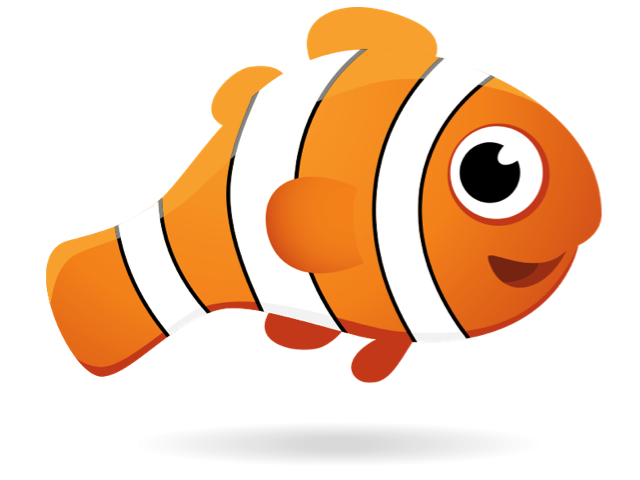Behaviour Management
I will endeavour to provide consistently good and patient role models for the children and encourage other adults your children have contact with to do the same.
The safety of all the children is of paramount importance, as is the welfare and development of the individual child.
When children show kindness, generosity and patience towards others, I will openly praise them.
When children behave well I will give them extra attention and appreciation to encourage good behaviour.
Children who find good behaviour difficult to maintain I be openly praised for small everyday achievements.
I have had training to understand the standards of behaviour that are expected within different ages and stages of development.
I maintain consistent expectations of the children’s behaviour to avoid mixed messages but adjust that expectation in line with the individual child’s needs. The expectations of individual children reflect their personal needs, level of understanding and stage of development.
If it is safe to do so I will avoid giving attention to poor behaviour to ensure children do not use it to as a means of getting attention.
When it goes wrong, it is a learning mistake.
Minor incidents of bad behaviour will be addressed immediately and calmly. More concerning incidents will be shared with you verbally. The full situation of the child and the family will be carefully considered and the behaviour they exhibit cross referenced with their personal content.
It is important that we are kept up to date where possible in a child’s life so that I am aware of circumstances that maybe affecting a child and lead to an outburst. Things like a new baby, change in a home set up or a missing parent can all affect a child’s behaviour.
It is important for children to gain an understanding of how their actions impact on others and to realise what is unacceptable behaviour within the scope of their understanding.
I will explain to your child that it is the action or behaviour that I am unhappy with, not the child themselves, and that I care a lot about them.
Corporal punishment or the threat of such is never used. Children will be guided to alternative activities if they do not play appropriately with their chosen area/toys (EYFS 3.52)
I will liaise closely with parents at all times especially when any behavioural incidents arise. I will keep the parents of a child who may have been harmed (bitten, scratched etc…) fully informed of the situation.
It is essential that we work closely together to send the same consistent messages to your child. With persistent issues, we will discuss and agree strategies, tactics and actions.
Given the small adult to child ratio I will be vigilant and monitor children who are displaying any antisocial behaviour.
I ask parents to recognise that children play and interact closely together and unfortunately incidents do occur from time to time.
I ask that your children’s nails are kept trimmed and short to prevent unintentional scratching.
Parents will always be kept fully informed and consulted in all aspects of their child’s behavioural management, unless there is a child protection issue.
Children all have strengths and weakness and things that they find easier or harder to accomplish, behaviour is no different. It is my job to work together with you and to encourage them positively.
Behaviour patterns are often formed in the early years and clear, kind but firm expectations help children to become sociable, caring and thoughtful adults.
BITING
Young children do bite each other from time to time. This is often not unkind or aggressive but forms part of their ‘testing’ and learning.
These incidents are always taken seriously, all parents are notified and I will be extra vigilant with regards to a child who is going through a ‘biting’ stage.
I will not ostracise or segregate them from the others as it is their social skills and interaction that they need to develop. A child who is bitten will be given all the attention and comforted. The biter will receive no attention, but will be closely supervised. At a later time I may then talk to them about the biting if I feel it is appropriate. The safety of all children in my care is important so I would be unable to keep a persistent biter with me, but I would work closely with you to encourage a change in the “biters” behaviour.
I will keep the parents of a child who may have been bitten or whom is biting fully informed of the situation and keep them up to date.
